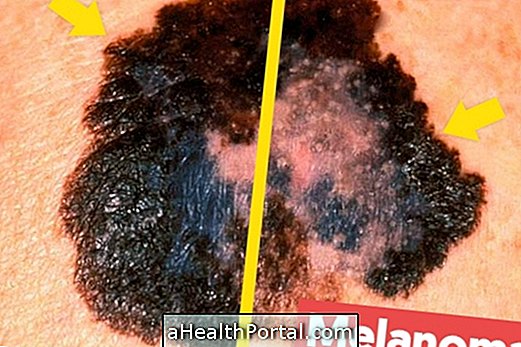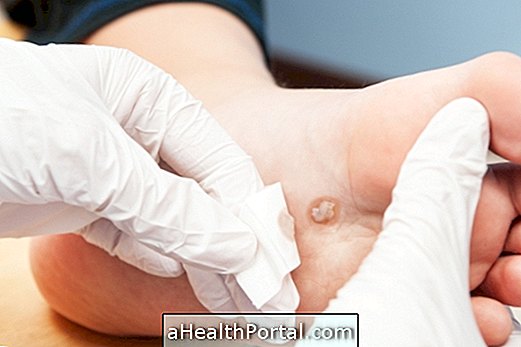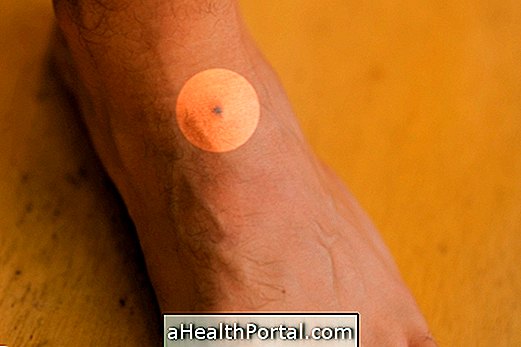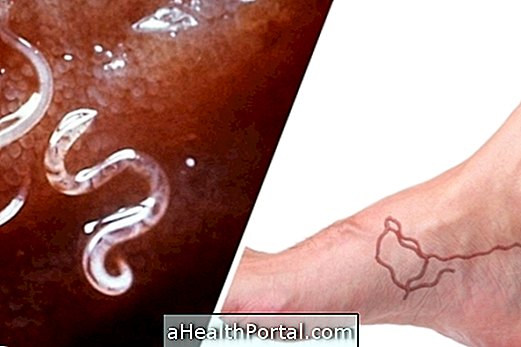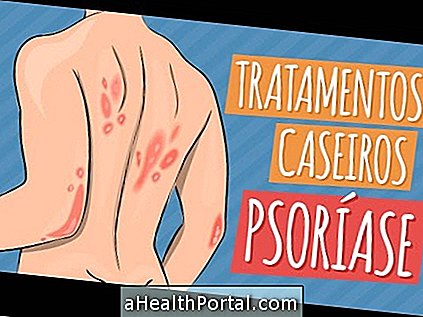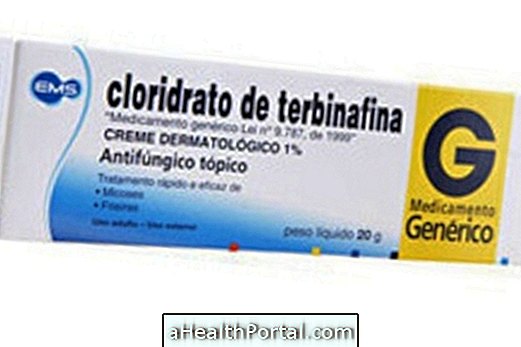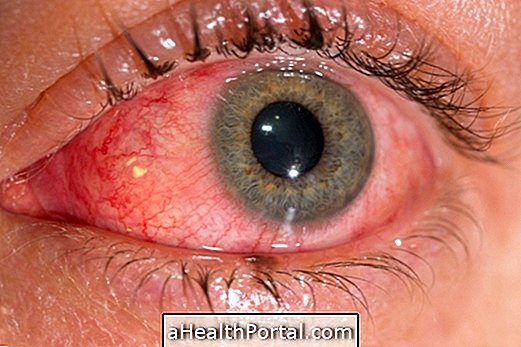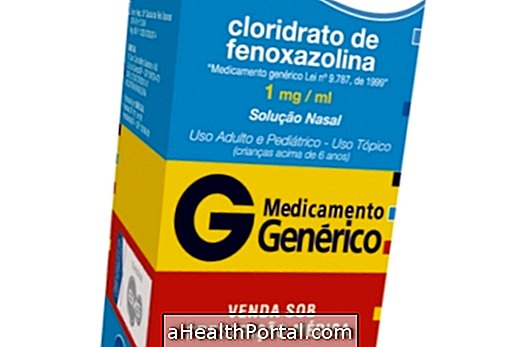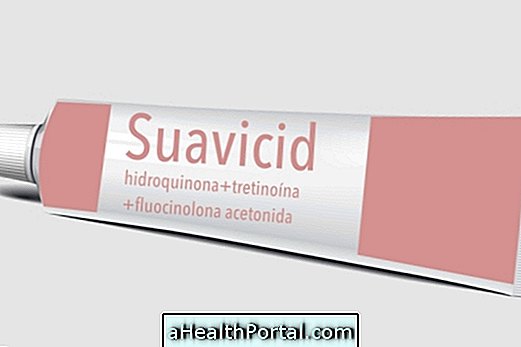Sporotrichosis is a rare infection that arises when the fungus Sporothrix is able to enter the body through a wound. This type of disease can occur in both humans and animals, and cats are the most affected. Therefore, it is common to catch sporotrichosis through scratches or bites of cats, especially those living on the street.
There are 3 main types of sporotrichosis:
- Cutaneous sporotrichosis : it is the most common type that affects the skin, appearing mainly in the hands and arms;
- Pulmonary sporotrichosis : is quite rare but can happen when breathing dust with the fungus;
- Dissimilar sporotrichosis : occurs when the appropriate treatment is not done and the disease spreads to other places, such as bones and joints.
In most cases, treatment of sporotrichosis is easy, and it is only necessary to take an antifungal for 3 to 6 months. So if there is a suspicion that you have caught a disease after being in contact with a cat, for example, it is very important to go to the general practitioner to make the diagnosis and start treatment.
Check out a list of other diseases that can be transmitted by street cats.
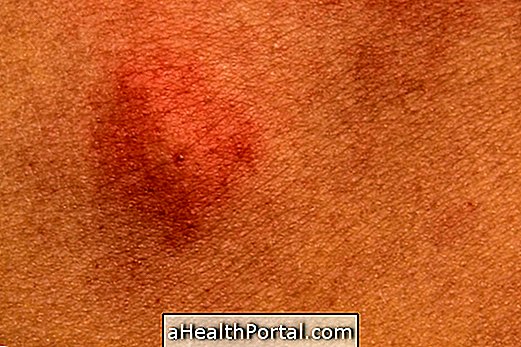
Main symptoms
The symptoms of sporotrichosis are usually related to skin infection, which can cause the appearance of a lump with the following characteristics:
- Small and painless;
- Color reddish, purple or pink;
- It grows over a few weeks.
Even when the fungus affects the lungs, other symptoms such as coughing, feeling of shortness of breath, pain in breathing and fever, for example, may appear.
If treatment is not started, symptoms may worsen for joint pain, constant headache, convulsions, and difficulty thinking, caused by diffusion of the fungus to other parts of the body.
How to confirm the diagnosis
Sporotrichosis infection in the skin is usually identified by biopsy of a small sample of the lump tissue that appears on the skin. However, if the infection is elsewhere in the body, it is necessary to have a blood test to identify the presence of the fungus in the body.
How is the treatment done?
Treatment for sporotrichosis is usually initiated with the ingestion of an antifungal, usually itraconazole, for 3 to 6 months. However, if the infection occurs in several places in the body or is difficult to eliminate, another type of antifungal, known as amphotericin B, may be needed for up to one year.

